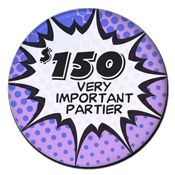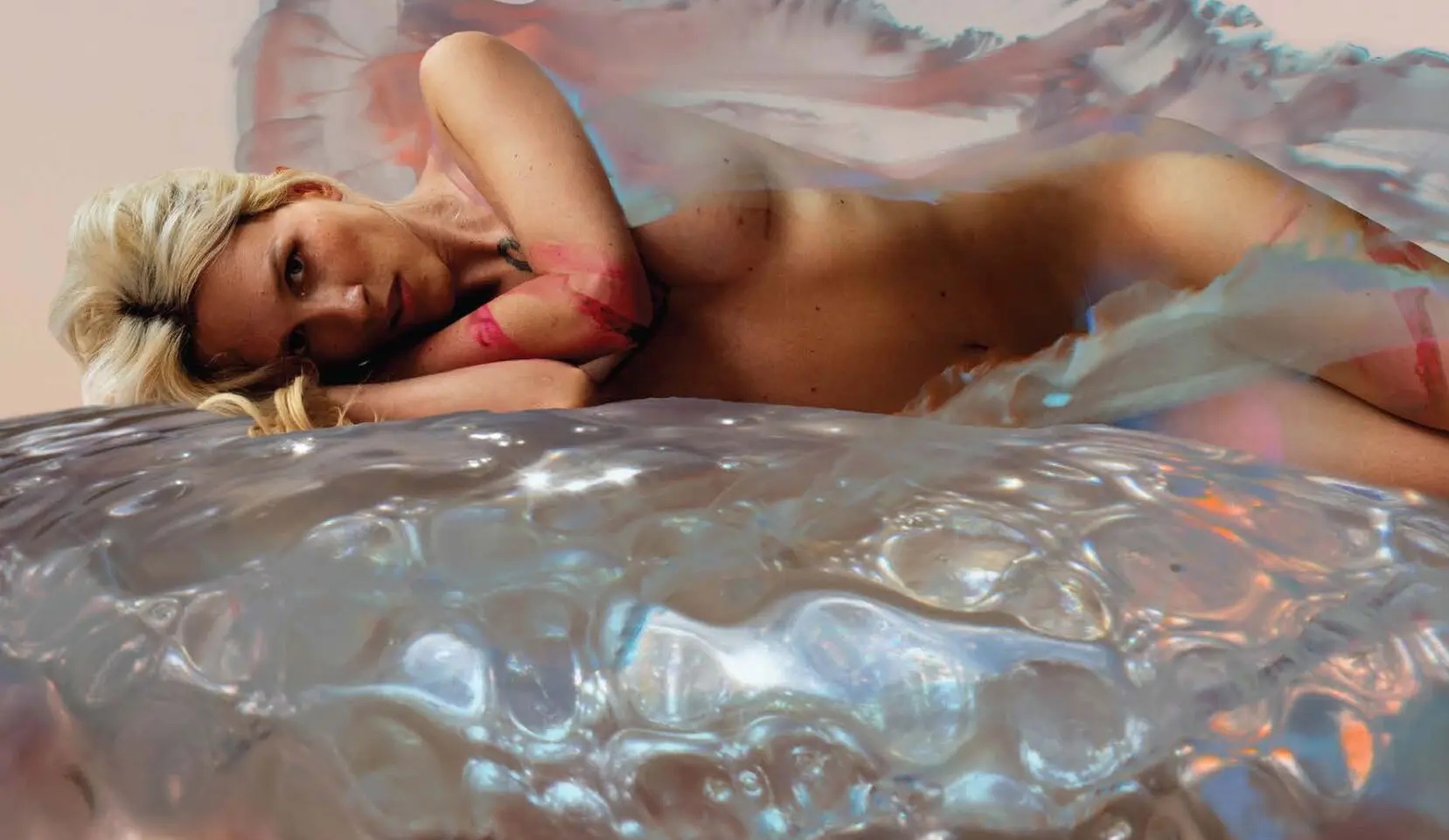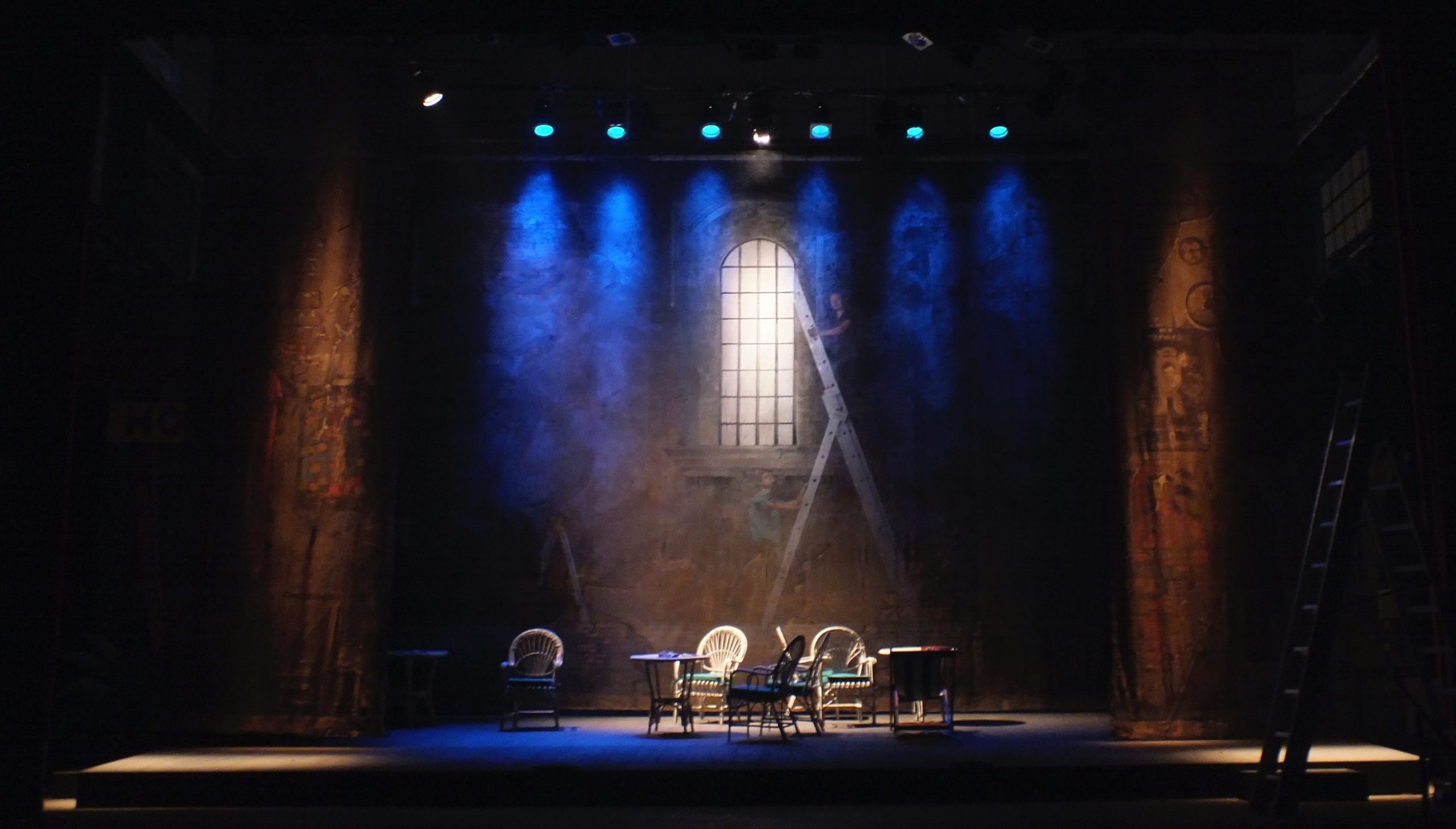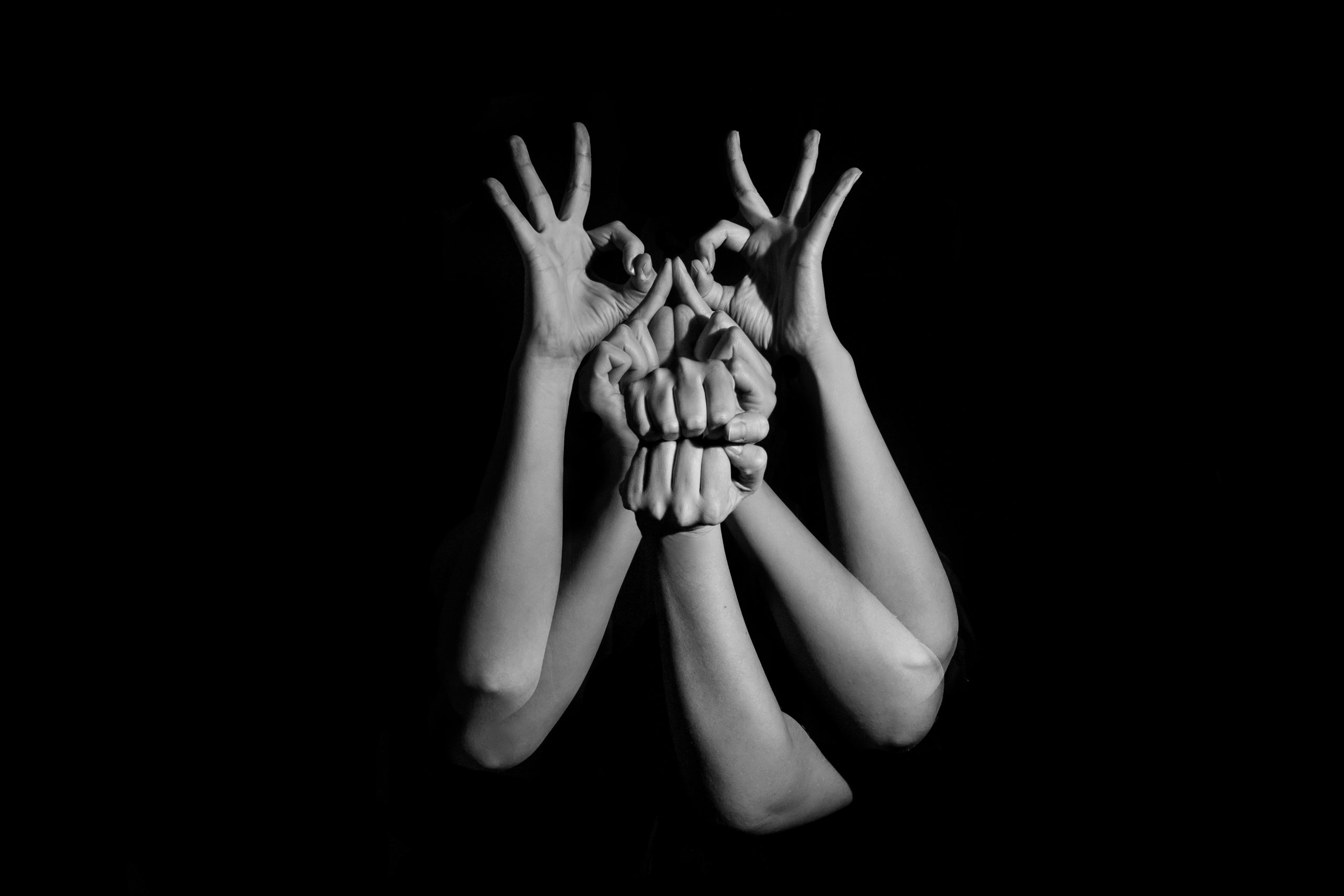interviews
The Shape Of The Universe Is Different For Each Of Us: An Interview With Eileen Myles

by Ari Braverman
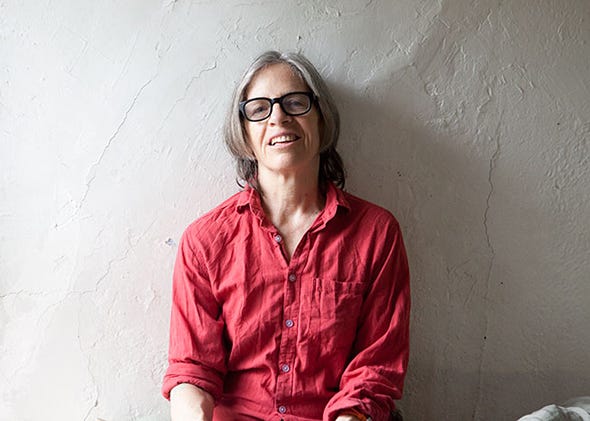
I first encountered Eileen Myles at a reading at Naropa University in 2010. We were there for a summer writing program — her as a teacher, me as somebody else’s student — and I’d been hearing about her work all week. She walked to the stage and expectation vibrated through the auditorium before culminating in an energetic, eager silence. She introduced herself and began to read, gesturing with her right hand as though coaxing her poems out from a hidden place. Listening, transfixed, I thought, “I didn’t know somebody could do this with words.” I thought, “I didn’t know people had permission to write the world in the way they think it could be.”
Now, having read a great deal of her extensive catalogue (which includes more than twenty books of poetry, prose, and criticism, and which was augmented this week by a re-issue of Chelsea Girls and a collection of new and selected poems called I Must Be Living Twice), I can definitively say my wonder hasn’t worn off. Her words bounce from one idea to the another, one image to the next, stretching wide to accommodate the breadth of a human experience. Each piece, whether it’s a one-page poem or a 300-page novel, is at once intimate and mysterious, emotional and abstract.
This summer I had the pleasure of chatting with Myles in a cafe near her apartment in the East Village. Starstruck but determined to maintain my composure, I offered to buy her a coffee. She accepted: a cappuccino. When we switched from one table to another she picked up all my stuff — notebook, tape recorder, coffeecup, water glass, backpack — and graciously moved it for me. That was when I knew that everything I love about her work is totally for real.
Ari Braverman: Whenever I read your writing I always feel like I’ve been dropped right into the middle of someone else’s reality, one that’s totally different from my own. There are all these dissonant little moments — fragments of vernacular or blips of consciousness or images — that come in and out and make the experience of reading you both immediate and also slightly opaque. The ultimate meaning works on my brain in a deeper, slower way. How do you explain this approach?
Eileen Myles: Before I was really writing I lived in Cambridge with friends after college. One day I went to Dunkin’ Donuts for a cup of coffee and the guy next to me just turned and started unloading his mind completely. There was no civilized introduction, no nothing. He was completely crazy but what was really astonishing was how seamless it was. I try to kind of do that. The most interesting moment in The Bell Jar is when they take the famous poet out to lunch and he sits there quietly eating the salad with his fingers. The narrator concludes that if you act like it’s perfectly normal you can do almost anything. John Ashbery said he writes as if he’s in the same room as the person who’s reading the poem. For example, if I wanted to describe…well that wainscoting I’d just begin right there: “I’m not sure how i feel but the black next to it is actually really great.” What it creates is a feeling of intimacy, if a reader will go with it. A lot of fiction makes narrators that just happily give it up! They show all the scenery, the whole plodding entrance. I’d call them “obedient narrators”. I don’t ever want to write an obedient narrator. I want you to have an actual relationship with the narrator.
AB: And intimacy isn’t the same thing as obedience, right?
EM: Yeah! And we exist in real time and in real time we don’t learn things all at once or in a linear, step-by-step kind of way. So I mine real time. This would be a really horrible conversation if we had to start at some constant beginning and I had to give you bullet points. Of course, there’s a certain kind of reader who’s like, “I need to know where I am.” That’s something that certain kinds of readers and certain kinds of editors are always going to demand of writing. Jonathan Lethem read Cool for You when I was trying to get someone to publish it, and he said, “Just one thing, I just need a little bit more handholding.” And that was actually very helpful. So I kind of do both these things — I’m thinking fiction in this moment but I do this with my poetry, too. I think about it like crossing a shallow brook or something. You need a few stones to get across. There are language poets and conceptual poets and writers who work in a much more abstract way than I do…I don’t want to do all of that but I want to do some of it.
AB: Has writing ever been difficult for you, or uncomfortable?
We are not a tragic culture, we are a comic culture.
EM: Growing up there were so many things I wanted around belonging and art. We weren’t poor — we were working class, lower-middle — but my parents both came from such deprivation in certain ways that they didn’t know how to give us certain things. So I became funny and a lot of my stories when I was young were about my own abject failure. That became part of my style of accounting for myself. When I was writing Cool for You I noticed it was the opposite of Leni Reifenstahl’s whole thing, especially in Olympia. She only cut the Nazi divers going up; they never came down, as if the Nazis were always rising. My narrative was always falling, always crashing. I was trying to put together a book that was slightly more cohesive than Chelsea Girls, more literally a novel and when I showed it to people they were like “hmm” because it was too much, you know? I realized all this failure was not actually the truth of my existence. I had joys and successes and pleasures and all that stuff. I made a “happy” list and then wrote those things and then re-edited the book, using my own comic capacity as a way to formally change the narrative. Then it became readable. Sometimes I’d take a family story I partially remembered and give it a T.V. ending. Part of doing that, too, is embracing something that I think of as American, which is all those shows that end with laughter. We are not a tragic culture, we are a comic culture.
AB: Can we talk a little bit about genre? I’m interested in how form impacts your work.
EM: The easiest way to think about it is in terms of the little song and the big song. I think of my fiction as epic poetry. Poets are always like, “You have to write a long poem to be a major poet.” Well I’m writing novels. That’s what I’m doing with my long poem. [Genre distinction] isn’t so interesting. The whole prose poetry category irritates me. Sometimes it’s veiled classism. Somebody will say, “I like your prose poems,” and what they mean is “Your poetry is vernacular and it doesn’t sound like poetry, it’s not metric and its tone is not monumental so it doesn’t fulfill my formal needs for what poetry is and so it’s prose poetry”.
AB: I also wanted to ask you about how you feel when people conflate your fiction with memoir. It seems to me that as soon as anybody puts any aspect of a personal story or memory down on paper it becomes fiction — you’re not going to be transmitting reality as you lived it.
EM: I totally, one hundred percent agree. You’re lying the second the pen hits the paper, or you’re inventing, call it what you want. The shape of the universe is different for each of us and you’re reporting that. Half of every review I’ve gotten for the past twenty years [deals with this question]. And women do it more than men, being pedantic about the category. “Myles says this is a novel but I see it as a memoir.” They’re wasting their time! It also represents the seamlessness of genre and media, sort of like in film. What’s a documentary and what’s a fictional film now? Not clear. Same problem when it comes to this kind of work.
Our friends were dying, people were fucking — it was such a hot devastated moment.
There’s a huge world of people doing different versions of what I do — Dave Eggers, Michelle Tea, Shelia Heti…Chris Kraus. It’s a hot vague place we’re writing from. That’s this moment. I’ve been influenced also by writers like Christopher Isherwood and Henry Miller, but my friends, the people I’m most influenced by now, are the New Narrative writers. Kathy Acker and Dennis Cooper were the most famous authors of that group, but I’m also thinking of Robert Gluck, Dodie Bellamy, Bruce Boone, Kevin Killian, Camille Roy, Lawrence Braithwaite, Gail Scott. I’ve said this so many times, but they’re all poets who came out of the west coast and because they wanted to include sex and personal details they moved into prose rather than staying in sometimes stern confines poetry has. This was all happening during AIDS, during a sex-positive moment, and all our work was deeply affected by all that. Our friends were dying, people were fucking — it was such a hot devastated moment. And people were reading Blanchot and Bataille. Their whole thing was to use people’s real names and use real details to make [the work] be continuous with the world, in the same way that earlier artists like Robert Smithson wanted to take down the museums, take down the galleries and install their work in the world. It’s the same impulse except it produces fiction. It’s interesting to think of all this as such a genre of work that’s been going on since the 80s. The mainstream saw it when Dave Eggers did it and Sheila Heti did it but it’s been going on for a long time.
AB: Why do you think it took so long?
EM: They needed the right people to do it. They needed heterosexual people to do it.
AB: Genre aside, your work has this really plastic quality and I think there’s something very open and inviting about that. Will you tell me a little about it?
EM: Part of my way of giving myself permission to write was to create a literature in which I belonged. For me from the get-go there were these questions: How does one become a writer? How does one claim that status? And how do you include what’s you? What do you include or not include? A lot of these questions came from my class background, and some from being queer, being female, some from the family I grew up in. Did I have the right? What was I entitled to? Would what I was be something that could be literature? One of the first poets that really excited me in college was Wallace Stevens. I still love his work but this notion of art being this object that’s separate from life (I’m thinking of the poem “Jar on a Hill in Tennessee”) was for me both inaccessible and wrong and would disable me forever from being an artist. We’ve still got a hangover, I think, from New Criticism.
I remember I went to the Museum of Fine Arts [in Boston] with my family once and I walked past an early piece of video art. The dominant form of art of my growing up, T.V., had now bled into the real world. T.V. was really being invented in the fifties and sixties. Nobody knew what the fuck it was so there was so much more play, actors sticking their faces close to the screen, people right out of vaudeville and radio. It was a morphing form and that was part of its excitement and so video was starting to turn up that way — Andy Warhol and bad movies, too. They were inclusive. All these, as well as my own diaristic process, were things that contributed to idea that I had to create the surface of my writing as a place where I could be comfortable, where I would belong, that would represent the world as I knew it rather than the art that I saw, say, in books I read. Again, I read a lot of poetry that I loved but there was always a sense that perhaps what I had in mind wasn’t the right object. So I wanted there to be no object.
AB: What do you mean, “no object”?
I don’t want to fall down in the disability of living up to somebody else’s standards or somebody else’s sense of what a poem is or what love is or what a book is.
EM: No walls. There was a performance artist named Frank Maya and I remember that at his funeral his lover got up and said, “The thing about Frank was that he was always making the world safe for Frank.” Giving myself permission to do that gave me an ability to write. When somebody says, “I don’t know how to write a novel,” my thought is always “Write a novel that you can write.” It has to be a form that comes immediately, not in terms of content but in terms of attention span and its capacity to hold a subject. I don’t want to fail and so I feel I always have to do things in the way that will let me succeed. Whether it’s running, walking my dog, eating a meal, having a relationship — it’s got to happen in a way that I can do it. I don’t want to fall down in the disability of living up to somebody else’s standards or somebody else’s sense of what a poem is or what love is or what a book is.
AB: Do you think that sense of possibility — of flexibility — is part of what attracted you to poetry in the first place?
EM: Poetry is a plastic form, especially when you look at work that’s called “experimental.” John Ashbery and Bernadette Mayer were the people who were around when I was just starting to write. There’s a feeling that comes from being young and ambitious but not knowing what form those things will take in one’s own existence. Part of me wants to be a scientist, part of me wants to be a lawyer, part of me wants to be a homeless person, all those things. Poetry could hold that. It could change every single day and it would still be there, clutching me. That’s how it worked for me. It’s how I designed a life I could have.





